Sleep with peace of mind: discover the Medlogics waterproof edgable cover You want to give your child or a loved one reliable protection against night-time accidents.
Blog navigation

How do you deal with bedwetting in children?
Posted in:
1 - LE PIPI AU LIT
Related products
Medlogics - Bordable and waterproof 85 x 90 cm bed sheet
Price: €21.90
High comfort 'Garde au Sec' fitted sheet
The plus : Cover with flaps to stay...
Medlogics - Waterproof underpad 85 x 90cm
Price: €20.90
High comfort 'Garde au Sec' soft underpad
Comfortable and wrinkle-free, even...
Medlogics - Seat covers 40 x 50 cm for incontinence
Price: €12.90
Breathable and comfortable
Machine washable
High absorption capacity: 2.62...
Brolly Sheets - Booster seat cover - Child
Price: €19.90
Breathable and comfortable
Machine washable
High absorbency
Suitable for...
Absorbent, washable cover for 120 x 200 cm sofa
Price: €69.90
Versatile use in home care or in the professional sector of care...
Dri Sleeper - Alarm stop pee Excel
Price: €59.95
Powerful sound, as soon as the first drops of urine are released (sounds...
Rodger - Wireless pee alarm
Price: €94.00
Unique Rodger® underwear probe system
UNDERWEAR NOT INCLUDED IN THIS...
Uriflex - Stop Pee Mickey wireless
Price: €96.00
New wireless alarm from urifoon, kids will love it
High-quality sensor with...
Uriflex - Apollo 24 pee stop alarm
Price: €69.95
Multiple alarms: Sound, Vibration, Sound + Vibration
Several types of...
MoDo-king - Alarm stop pee V2
Price: €39.95
Sound + Vibration at the first drop of urine
Case attaches to the shoulder...
Rodger - Alarme stop pipi Amigo Clip
Price: €45.90
Treatment for nocturnal enuresis or incontinence and toilet training
8...
Rodger - Stop pee alarm Amigo Button
Price: €55.90
Treatment for nocturnal enuresis or incontinence and toilet training
8...
Rodger - Amigo wireless pee alarm
Price: €65.90
Treatment for nocturnal enuresis or incontinence and toilet training
8...
Uriflex - Liberty Wireless Pee Stop Alarm
Price: €134.90
The best Stop Pee alarm on the market!
10 chimes with adjustable volume;...
Uriflex - Set of 2 underwear + Liberty wireless pee-stop alarm
Price: €0.00
Kit: 1 Liberty wireless alarm + 2 boxers or shorts
The best Stop Pee...
Uriflex - Set of 4 Liberty wireless underwear + vibrator + stop pee alarm
Price: €0.00
Kit: 1 Liberty wireless alarm + 4 boxers or shorts + 1 vibrator
The best...
Uriflex - Set of 2 underwear + Mickey wireless pee-stop alarm
Price: €0.00
1 wireless Mickey alarm + 2 boxer shorts
5 different sounds and adjustable...
Uriflex - Set of 4 underwear + Mickey wireless pee-stop alarm
Price: €0.00
1 wireless Mickey alarm + 4 boxer shorts
5 different sounds and adjustable...
Rodger - Set of 2 underwear + wireless pee-stop alarm
Price: €0.00
1 Rodger wireless alarm + 2 boxer shorts
Battery operated or 220v mains...
Rodger - Set of 4 underwear + vibrator + wireless stop pee alarm
Price: €0.00
1 Rodger wireless alarm + 4 boxer shorts
1 Vibrator
Battery operated or 220v...
Rodger - Set of 2 underwear + Amigo wireless pee-stop alarm
Price: €0.00
Rodger® Amigo Wireless Kit + 2 boxers or Shortys
Treatment for nocturnal...
Rodger - Set of 4 underwear + Amigo wireless pee-stop alarm
Price: €0.00
Rodger® Amigo Wireless Kit + 4 boxers or Shortys
Treatment for nocturnal...
Rodger - Set of 2 underwear + Amigo Button pee-stop alarm
Price: €0.00
Rodger® Amigo Button Kit + 2 boxers or shorties
Treatment for nocturnal...
Uriflex - Lot de 25 Dry-Mate + alarme stop pee Apollo 24
Price: €0.00
1 Apollo 24 + 25 Dry-Mate alarm
Multiple alarms: Sound, Vibration, Sound +...
Uriflex - Lot de 75 Dry-Mate + alarme stop pee Apollo 24
Price: €0.00
1 Apollo 24 + 75 Dry-Mate alarm
Multiple alarms: Sound, Vibration, Sound +...
Uriflex - Set of 2 underwear + Apollo 24 pee-stop alarm
Price: €0.00
1 Apollo 24 alarm + 2 boxer shorts
Multiple alarms: Sound, Vibration, Sound...
Suprima - Waterproof and absorbent fitted sheet 100 x 200 x 24 cm
Price: €39.90
Tencel® fitted sheet
100% waterproof
Machine washable at 60°c
Tumble dry or...
Uriflex - 100% waterproof fitted sheet
Price: €15.90
Water-repellent mattress cover (fitted sheet model) available in different...
Uriflex - Waterproof duvet cover
Price: €45.95
Waterproof duvet cover for 1 or 2 people with zip fastening.
Reliable...
Hero Undies - Aquanaut
Old price: €39.90
Price: €35.91
Discount: 10%
Save up: -€3.99
Nightwear designed for bedwetting
Triple seal with anti-leak gussets....
Hero Undies - Cupcake Queen
Old price: €39.90
Price: €35.91
Discount: 10%
Save up: -€3.99
Nightwear designed for bedwetting
Triple seal with anti-leak gussets....
Hero Undies - Boris the Spider
Old price: €39.90
Price: €35.91
Discount: 10%
Save up: -€3.99
Nightwear designed for bedwetting
Triple seal with anti-leak gussets....
Hero Undies - Space Oddity
Old price: €39.90
Price: €35.91
Discount: 10%
Save up: -€3.99
Nightwear designed for bedwetting
Triple seal with anti-leak gussets....
Hero Undies - Spinderella
Old price: €39.90
Price: €35.91
Discount: 10%
Save up: -€3.99
Nightwear designed for bedwetting
Triple seal with anti-leak gussets....
Super Undies - Web Slinger
Old price: €39.90
Price: €35.91
Discount: 10%
Save up: -€3.99
Bedwetting underwear with insert
Totally waterproof.
4 absorbent microfibre...
Super Undies - Trucks
Old price: €44.70
Price: €40.23
Discount: 10%
Save up: -€4.47
Bedwetting underwear with insert
Totally waterproof.
4 absorbent microfibre...
Super Undies - Moo
Old price: €44.70
Price: €40.23
Discount: 10%
Save up: -€4.47
Bedwetting underwear with insert
Totally waterproof.
4 absorbent microfibre...
Super Undies - Fire Chief
Old price: €44.70
Price: €40.23
Discount: 10%
Save up: -€4.47
Bedwetting underwear with insert
Totally waterproof.
4 absorbent microfibre...
Hero Undies - Fire Chief
Old price: €44.70
Price: €40.23
Discount: 10%
Save up: -€4.47
Nightwear designed for bedwetting
Triple seal with anti-leak gussets....
Super Undies - Pink
Old price: €39.90
Price: €35.91
Discount: 10%
Save up: -€3.99
Bedwetting underwear with insert
Totally waterproof.
4 absorbent microfibre...
Super Undies - Chameleon - Frozen
Old price: €45.90
Price: €41.31
Discount: 10%
Save up: -€4.59
New range
Nightwear designed for bedwetting
Triple seal with anti-leak...
Super Undies - Chameleon - Lava
Old price: €39.90
Price: €35.91
Discount: 10%
Save up: -€3.99
New range
Nightwear designed for bedwetting
Triple seal with anti-leak...
Super Undies - Chameleon - Lotus
Old price: €45.90
Price: €41.31
Discount: 10%
Save up: -€4.59
New range
Nightwear designed for bedwetting
Triple seal with anti-leak...
Teeny Hero - Intraversable boxer shorts - Garçon
Price: €19.95
Boys' boxer shorts: for day and night (by adding an insert)
Attachment...
Pjama - Special bedwetting pyjamas - Children & Adults
Price: €94.00
Version : Long
Very comfortable, soft and washable
Completely waterproof
Pjama - Shorty pyjamas - bedwetting - Children & Adults
Old price: €134.00
Price: €113.90
Discount: 15%
Save up: -€20.10
Version : Shorty
Very comfortable, soft and washable
Totally waterproof
Washing net 40 X 50 cm
Price: €3.90
Polyester net for washing machines and tumble dryers
Zip closure
Dimensions:...
Pajama - Pyjama spécial pipi au lit - Long Gris
Old price: €94.00
Price: €79.90
Discount: 15%
Save up: -€14.10
Compatible with Pjama® Wireless Pee Stop Alarm
Version : Long
Very...
Pajama - Pyjama shorty - spécial pipi au lit - Gris
Old price: €94.00
Price: €84.60
Discount: 10%
Save up: -€9.40
Compatible with Pjama® Wireless Pee Stop Alarm
Version: Shorty
Very...
DryPee - 100% waterproof carry bag
Price: €9.95
100% waterproof bag for Drypee pyjamas
Easy to close
Anti-odour
Machine...
DryPee - Long pyjamas - bedwetting - Children & Adults
Price: €59.95
Very comfortable, soft and washable
Totally waterproof
DryPee - Short pyjamas - bedwetting - Children & Adults
Price: €59.95
Very comfortable, soft and washable
Totally waterproof
Liberty rental 1 month
Price: €40.00
Additional 1-month rental Liberty Wireless Alarm
Applies only to alarms...
Liberty rental + vibrator 1 month
Price: €56.00
Additional 1-month rental Liberty Wireless alarm with vibrating alarm...
Rental - Liberty + 2 underwear - 2 months
Price: €0.00
Liberty 2 month programme + 2 pairs of underwear
Adjustable alarm ideal for...
Rental - Liberty + vibrator + 2 pairs of underwear - 2 months
Price: €0.00
Liberty programme + 2 underpants + vibrating alarm
Adjustable buzzer ideal...





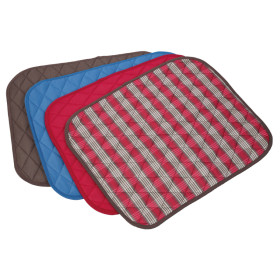
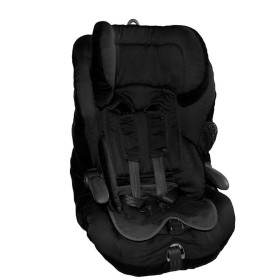

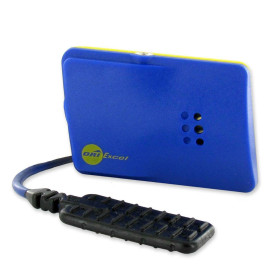
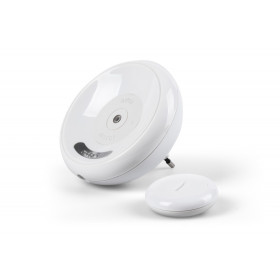
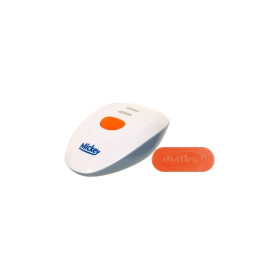
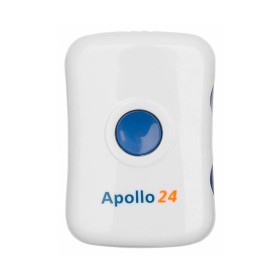
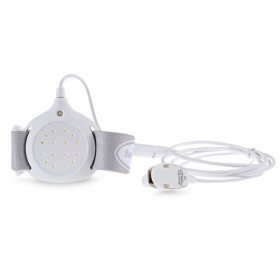
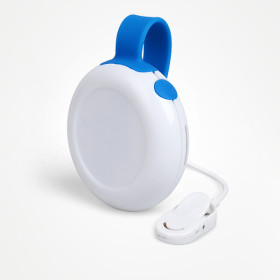
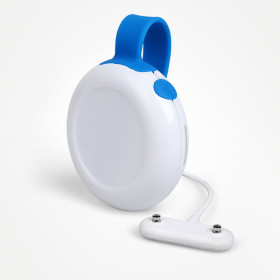
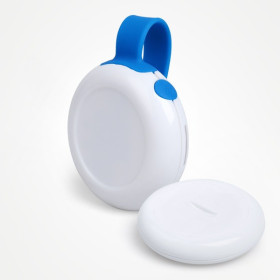
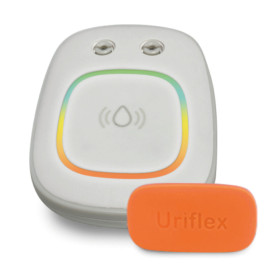
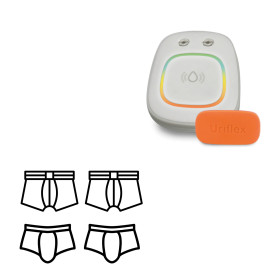
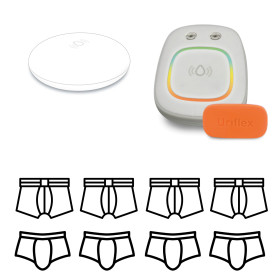
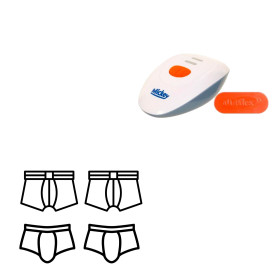
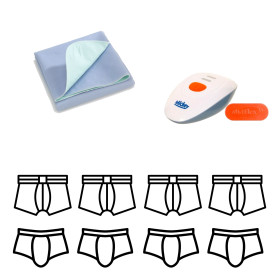
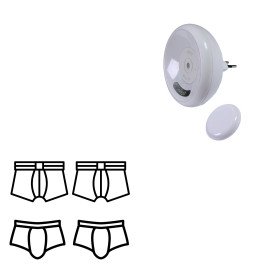
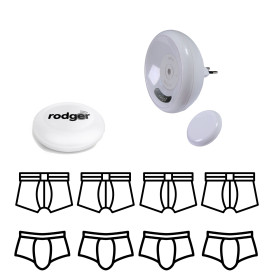
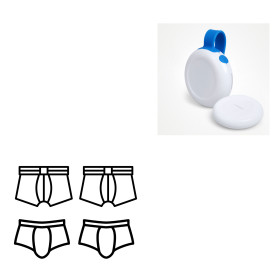
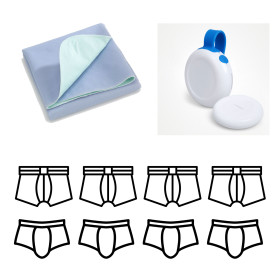
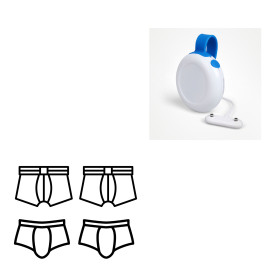
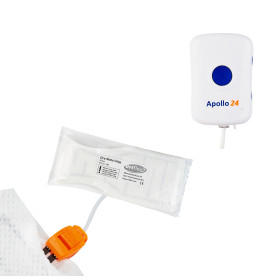
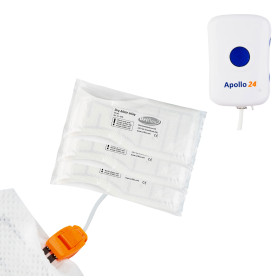
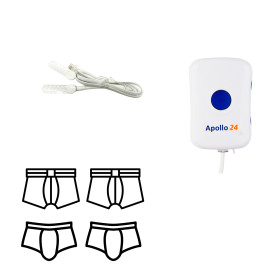
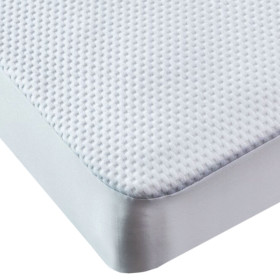
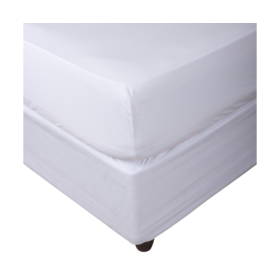

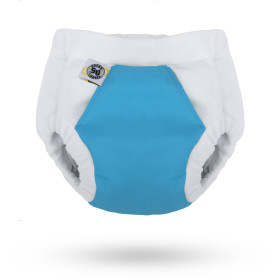
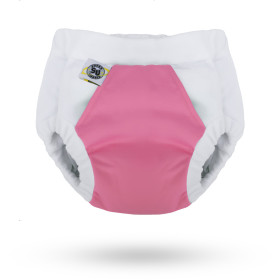



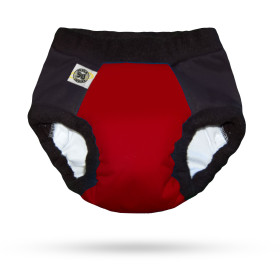
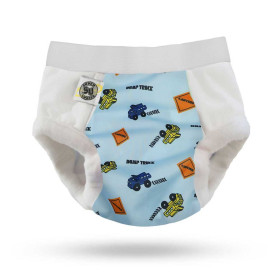



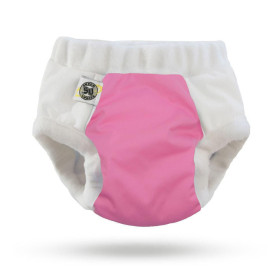
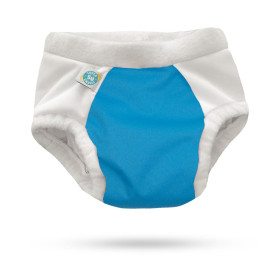
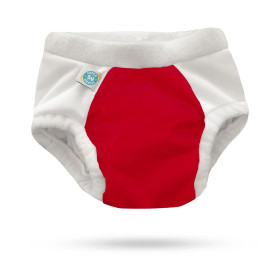
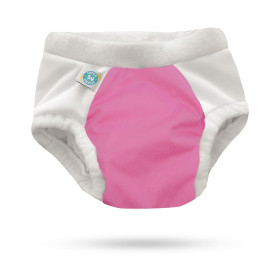

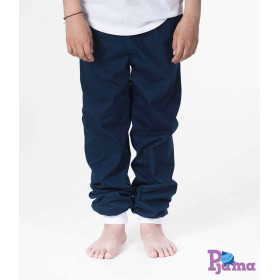


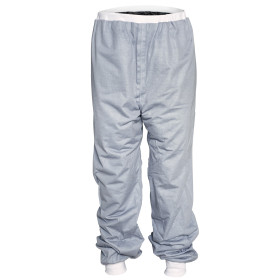





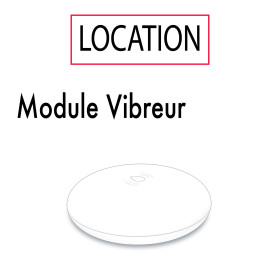

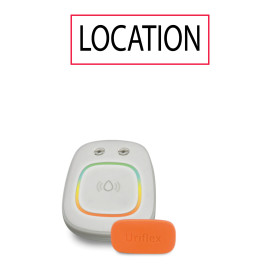
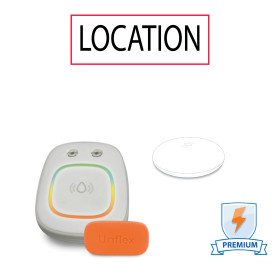

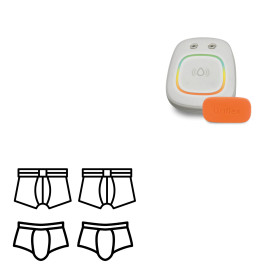
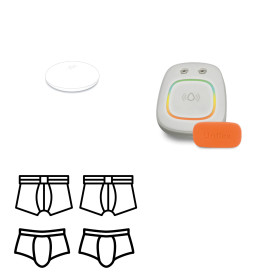





Latest comments